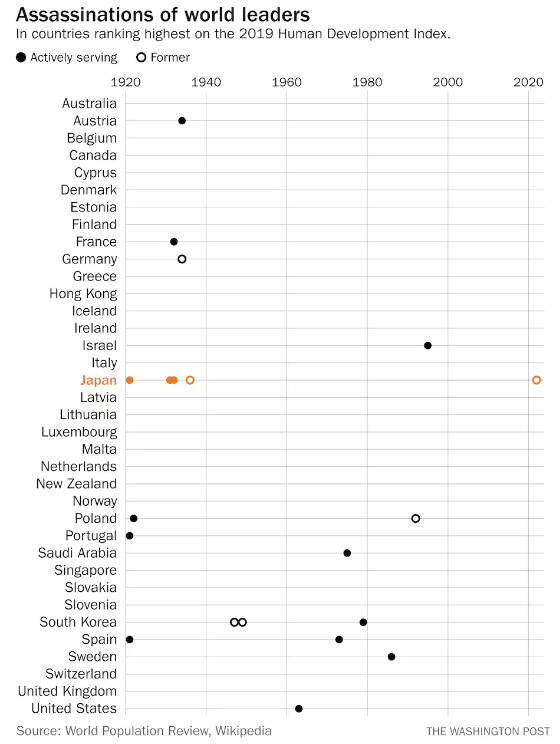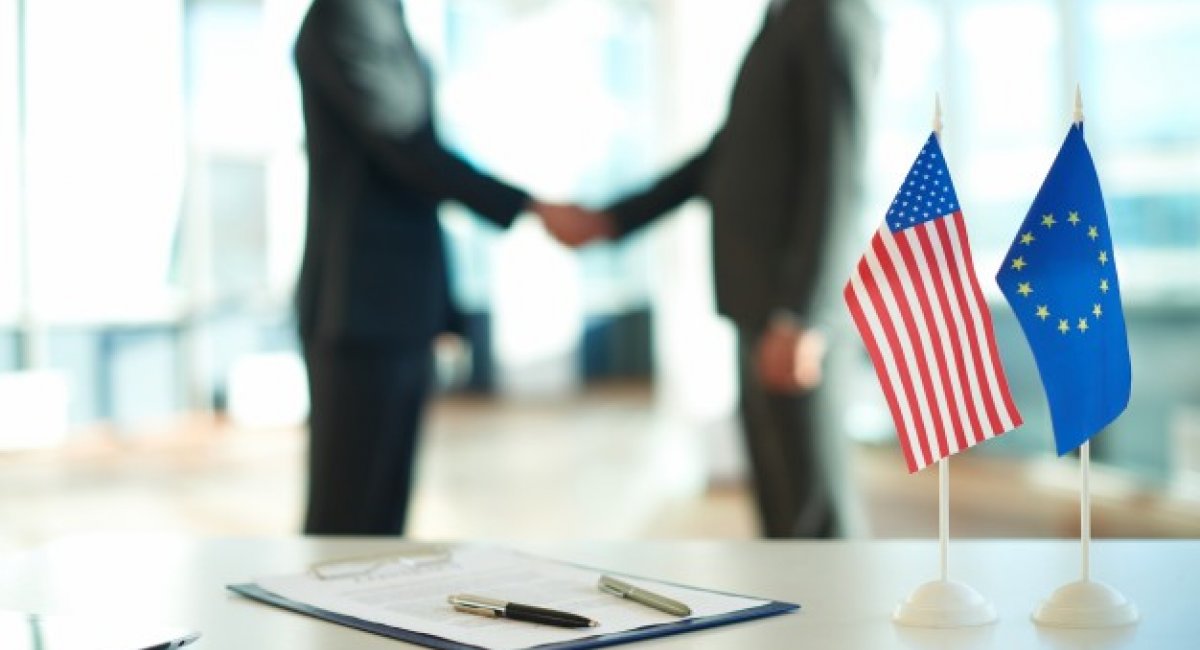Changing the role of the police
By The English Farm, June 29 2023As the Black Lives Matter movement continues to advocate for change, one of the many calls has been to redefine the role of the police in the U.S. Excessive use of force by officers has sparked criticism, leading to calls for alternative methods. Several proposals have started to emerge and be implemented in response.
Most of these alternatives are focused on ways to restructure public safety by reducing the scope of situations in which the police are automatically in charge. One suggestion is to train specialized nonviolent officers to handle nonviolent issues, such as conflicts on the road. Unarmed traffic police officers could receive conflict resolution training to address these situations. By emphasizing peaceful resolutions, encounters can be de-escalated.





